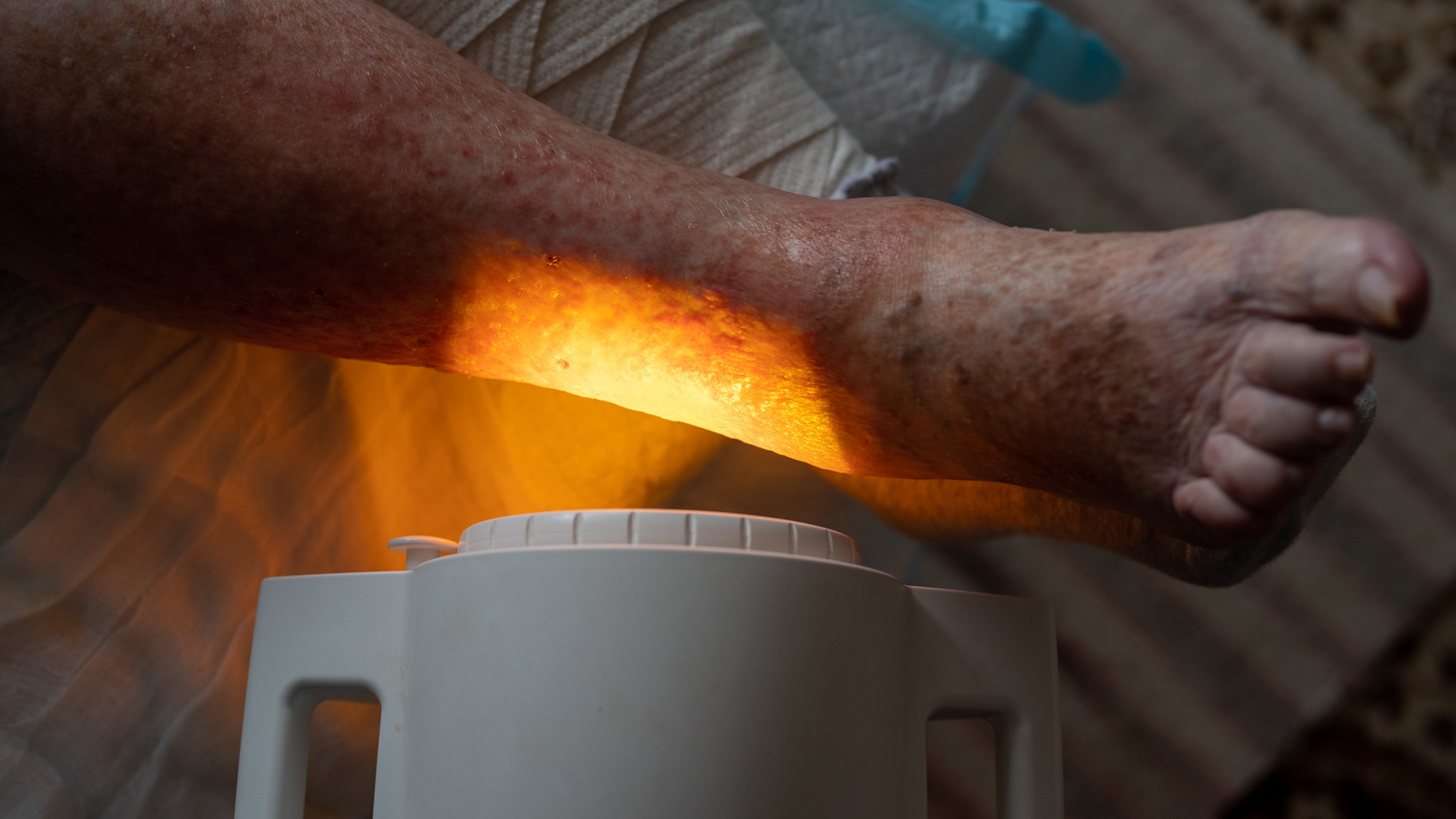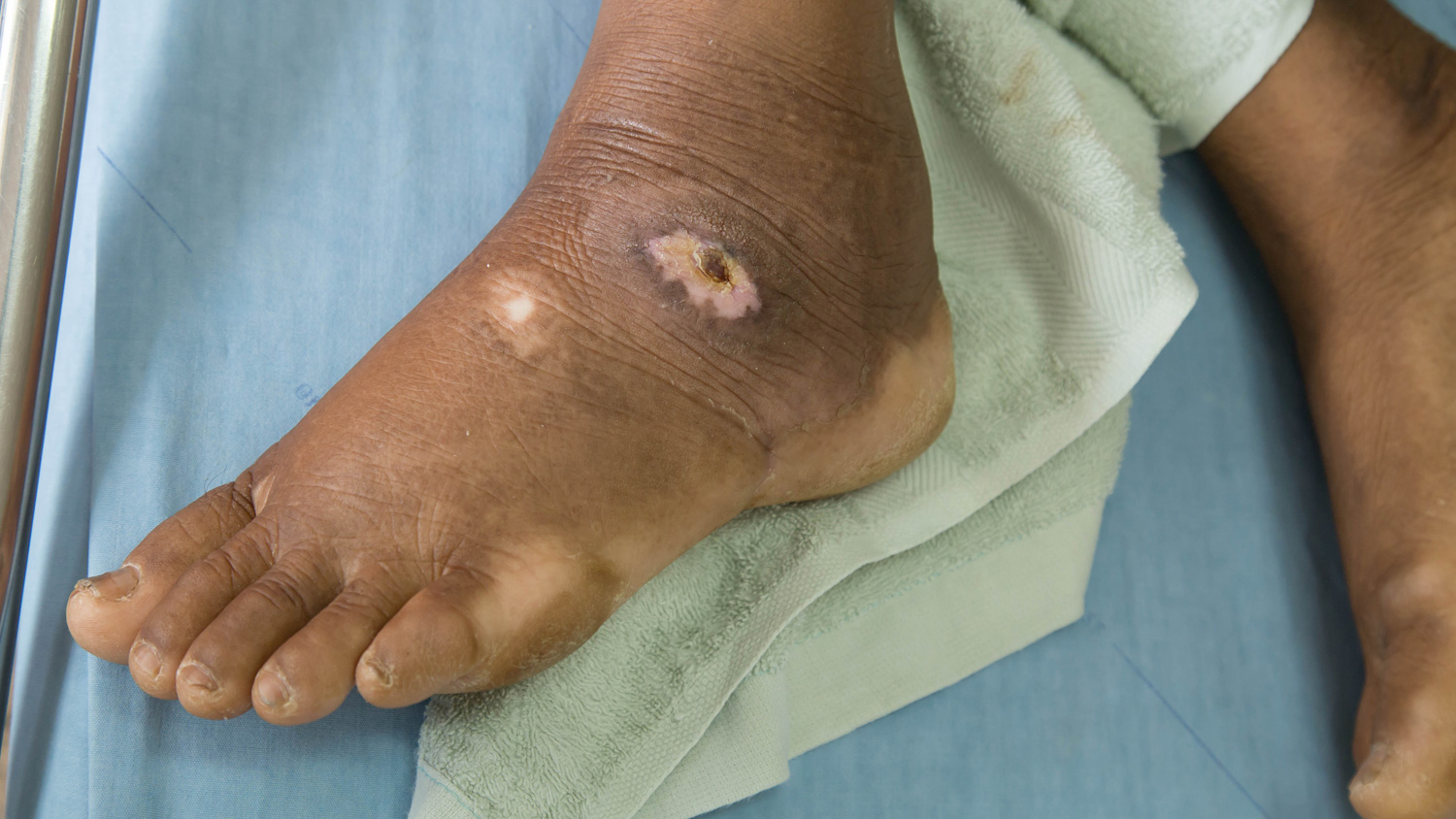
A New Horizon in Joint Health
Written by Dr. Joe Díaz
Regenerating Cartilage with Peptides and Stem Cells
Regenerative medicine has opened a new chapter in the treatment of joint injuries, especially in the knee, where cartilage wear represents one of the greatest clinical challenges. Far from limiting itself to symptomatic relief, current advances seek to stimulate the body’s own repair processes, using tools such as bioactive peptides and stem cells. These therapies not only represent a promising alternative to more invasive procedures, but are also changing the way we approach joint degeneration, with a more biological, personalized, and preventative approach.
Why is it so difficult to regenerate cartilage?
Articular cartilage serves a crucial function: it acts as a natural shock absorber between the bones of the knee, allowing for smooth, frictionless movement. However, unlike other tissues in the body, cartilage lacks blood vessels and nerves, which severely limits its self-repair capacity. When damaged by sports injuries, age-related wear and tear, or diseases such as osteoarthritis, the body is not always able to regenerate it effectively, and this can lead to chronic pain, stiffness, and functional disability. It is in this context that regenerative medicine offers innovative and less invasive solutions.
Stem cells: the potential to regenerate from the root
One of the most promising lines of treatment is the use of mesenchymal stem cells, which have the ability to differentiate into various cell types, including chondrocytes, the cells responsible for forming cartilage. These cells can be obtained from the patient’s own tissues, such as bone marrow, and then processed for intra-articular application.
Their action is not limited to the “replacement” of damaged cells; they also modulate inflammation, stimulate tissue regeneration, and improve the biological environment of the joint. In some cases, they are combined with support molecules or growth factors to enhance their effect.
Although the duration and scope of their benefits are still being investigated, numerous studies and clinical experiences have reported significant pain reduction, functional improvement, and, in some cases, evidence of cartilage regeneration observed by MRI.
Bioactive peptides: small molecules with a big impact.
Another emerging tool in this field are bioactive peptides, short chains of amino acids that act as cellular messengers. Some of these peptides are specifically designed to promote cartilage regeneration, improve joint hydration, and reduce inflammatory processes.
The most innovative aspect of this approach is its ability to “communicate” to the body that it must initiate repair processes, without the need to introduce external cells. In personalized treatments, peptides can be combined with other regenerative therapies, such as stem cells or platelet-rich plasma (PRP), to enhance the results.
Unlike other biological agents, peptides generally have a high safety profile and few side effects, provided they are administered under specialized medical supervision.
These treatments seek to change the course of the disease, not just the symptoms.
These new therapies aim not simply to temporarily relieve pain, but to modify the joint environment to promote cartilage recovery and slow the progression of degenerative diseases such as osteoarthritis. This is especially valuable for elderly patients seeking less aggressive alternatives to surgery or those who are not ideal candidates for prosthetic replacement.
A hopeful future for joint injuries.
The combination of cell therapies, bioactive peptides, and other elements of regenerative medicine represents a new stage in the approach to knee cartilage injuries. The goal is not only to treat a damaged joint, but also to improve quality of life, maintain mobility, and support the patient on their path to lasting functional recovery.
by admin
Share
STAY IN THE LOOP





